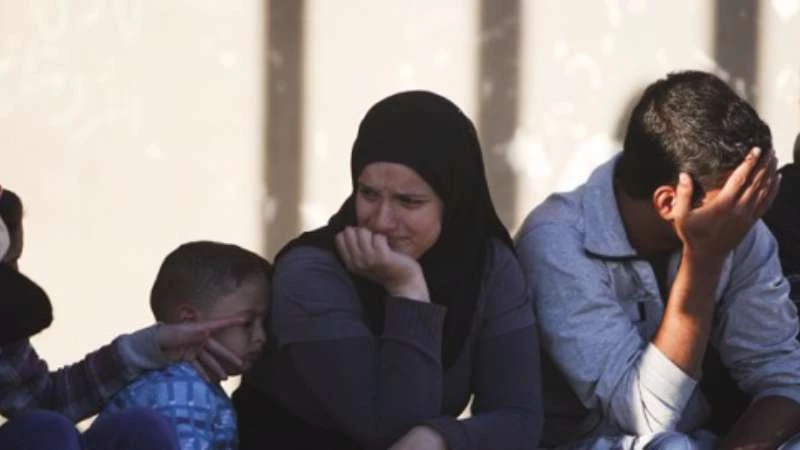“We feel obliged to thank Their reaction was provoked by an article, broadly shared on social networks, in which someone identified as a 16-year-old Syrian girl claimed that the majority of the Syrian refugees hate Christians and “only think about how to cut their throats”. But Akram Nayuf from the Free Syria Association said this was completely incorrect. “A real Muslim thinks that Christians are his brothers and sisters and would never hurt them,” Nayuf said. Mohamed Yusuf from the Association of Syrian Refugees added that “someone wants to spread fear in Bulgarian society and such propaganda has to be stopped”. The Syrian organisations insisted that the controversial article had been fabricated and that no such attitudes existed among refugees. “We live in this country, we feel it is our homeland,” said Mohamed Ez, another member of the Association of Syrian Refugees. Such articles are not uncommon in Bulgarian media, where hate speech against refugees and migrants has been on the rise in recent years. According to a recent study by the Sofia-based Media Democracy and the Centre for Political Modernisation, website owners see hate speech as a tool to increase traffic. The Open Society Institute in Sofia has also registered a rise in hate speech, claiming that negative attitudes towards Muslims have grown from 11 per cent in 2014 to 38 per cent in 2016. Meanwhile, the number of refugees who remain in refugee in Bulgaria has grown in the recent months, as a result of the closure of the so-called ‘Balkan route’ to Europe. Currently, almost 2,700 asylum seekers live in the six refugee camps in Bulgaria, while in February they were 540, the latest data from the State Agency for the Refugees shows. The representatives of the Syrian community said that some refugees have even started backtracking to Bulgaria from Germany and Sweden, after realising how difficult it would be to integrate there. “All we ask for is some help for those people who want to stay here, so that they can survive,” Mohamed Ez told BIRN.

The Bulgaria-based Free Syria Association and the Association of Syrian Refugees warned at a press conference on Thursday that the country’s media was negatively distorting the image of refugees.


التعليقات (0)